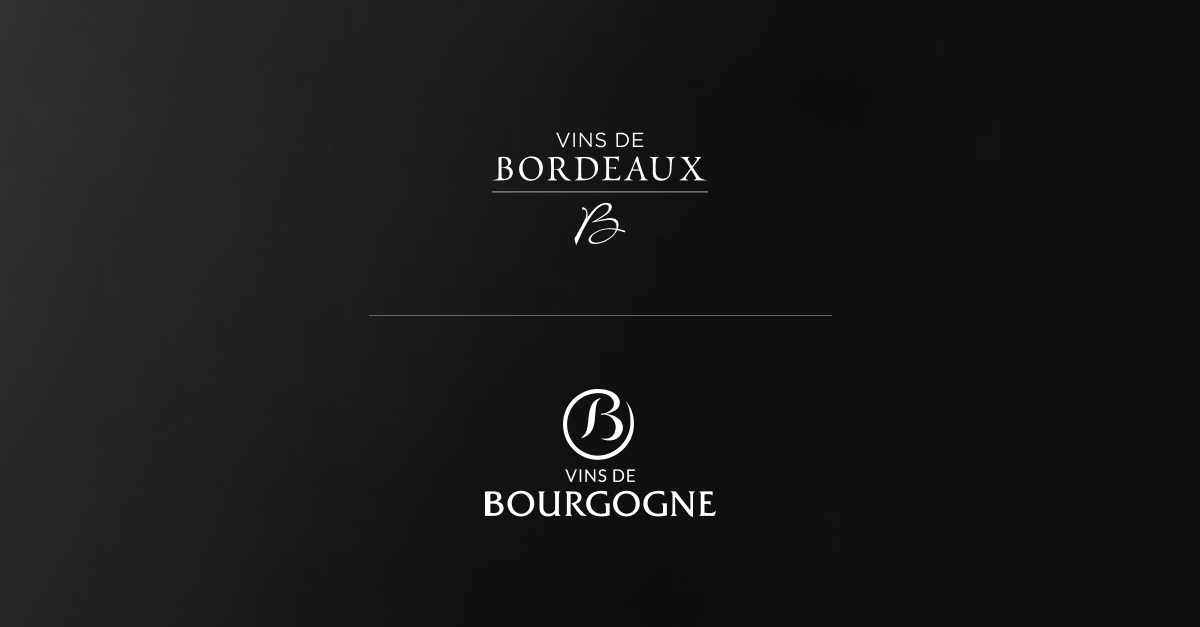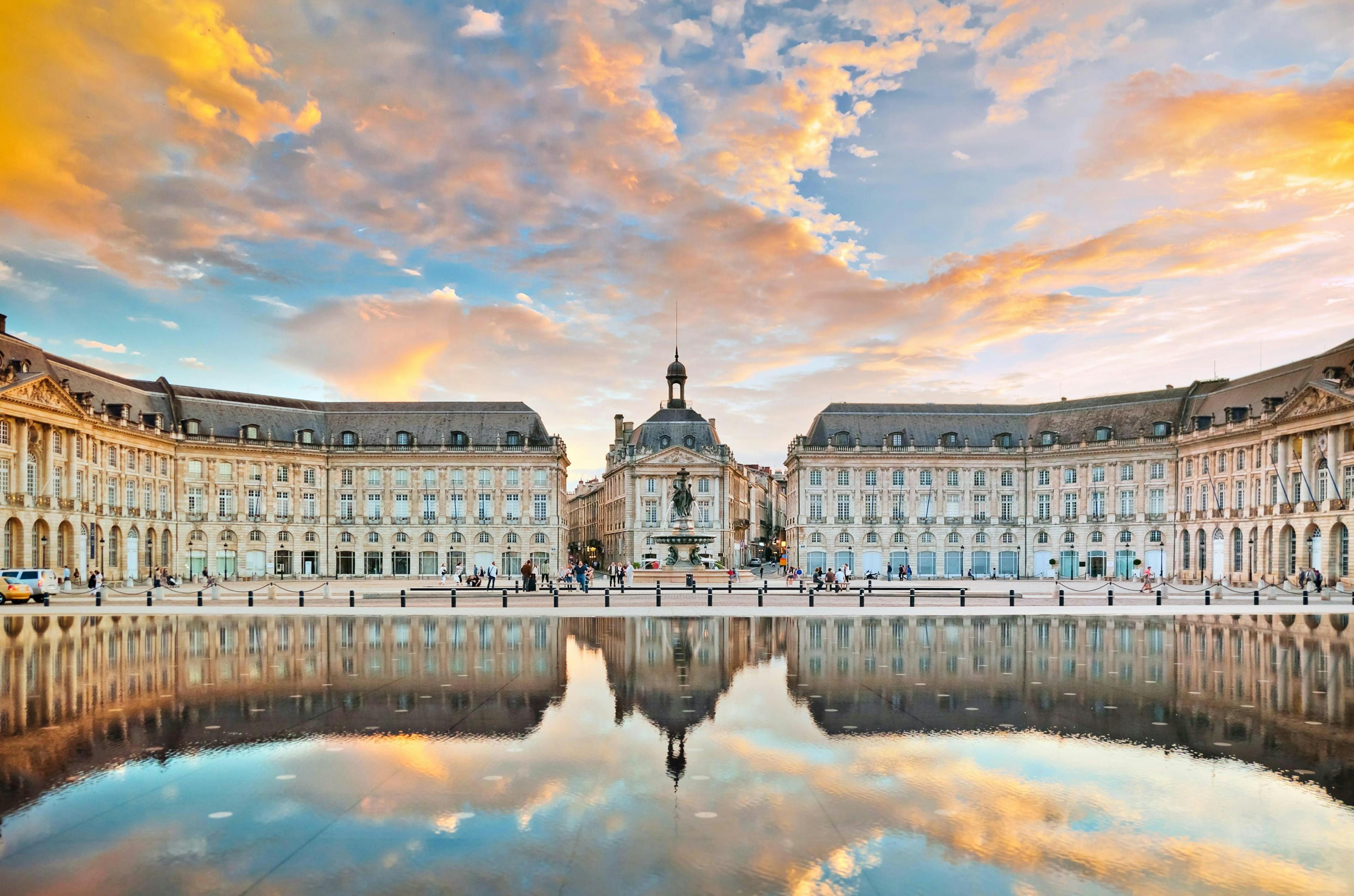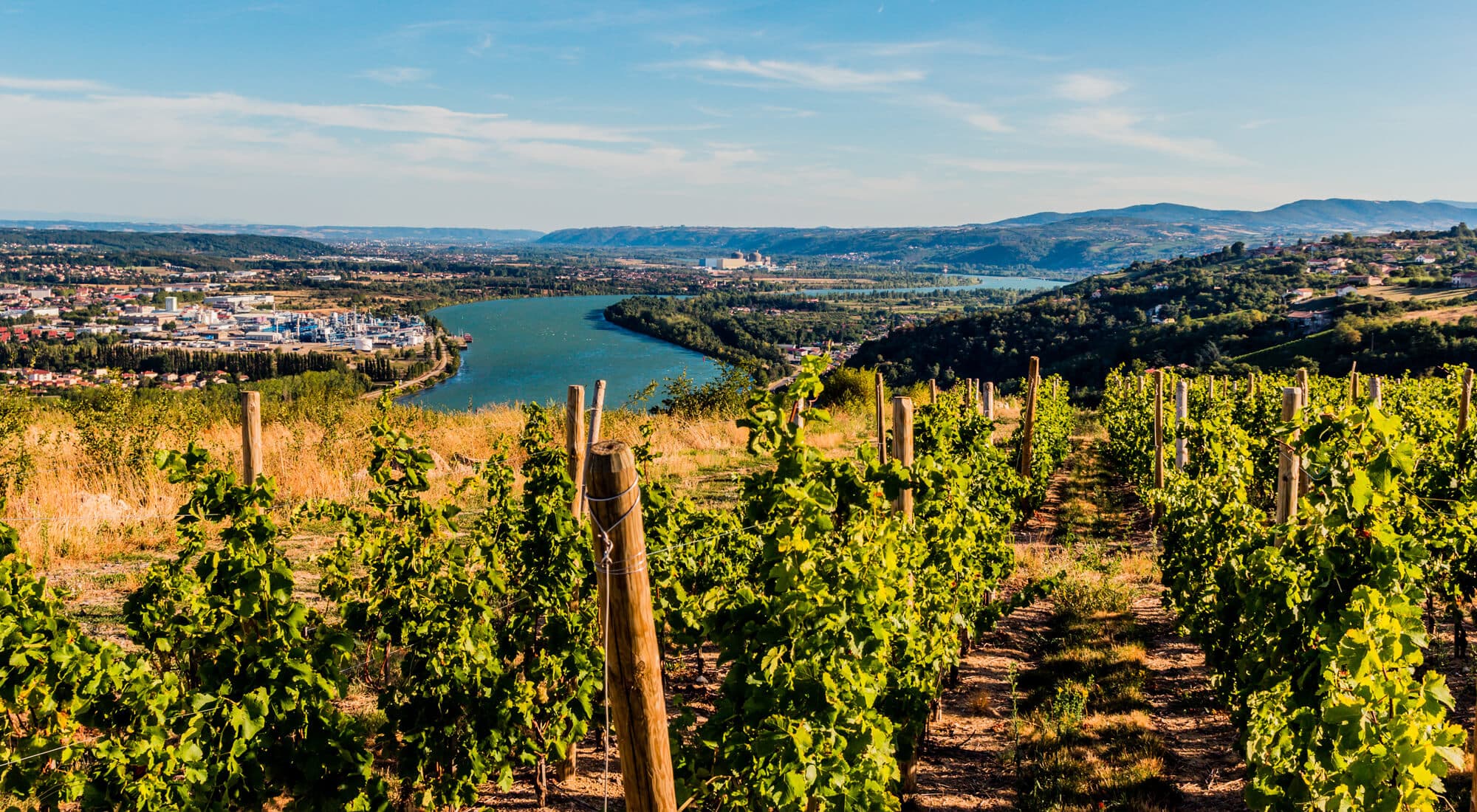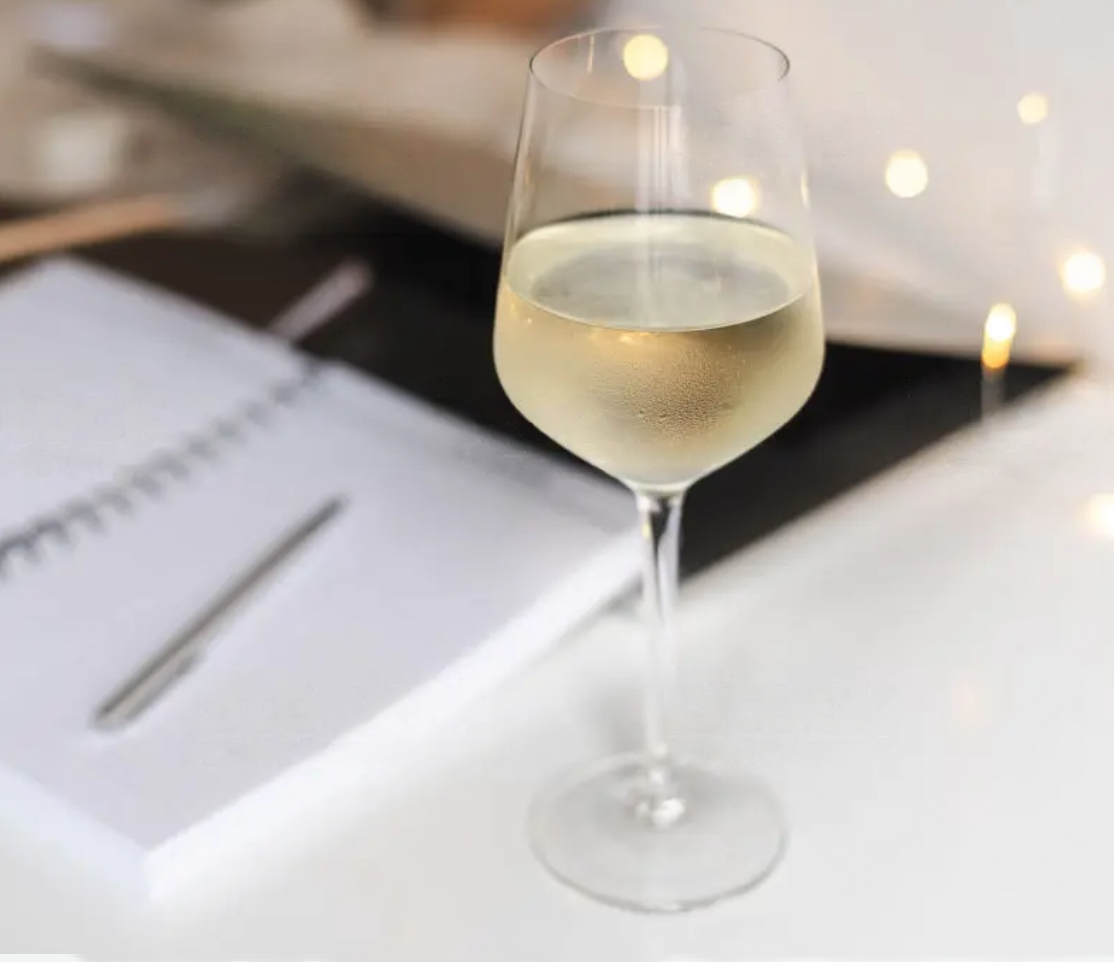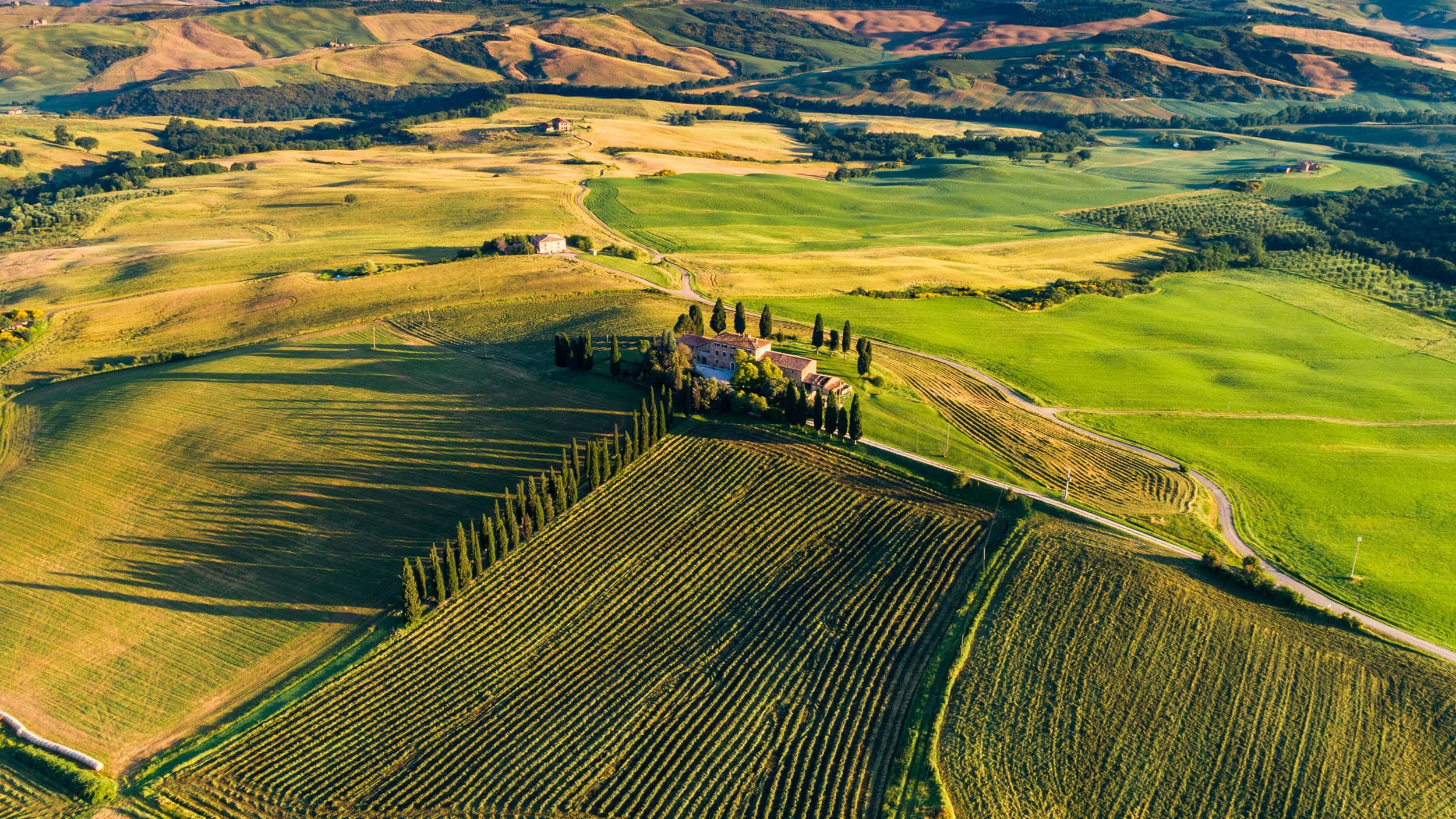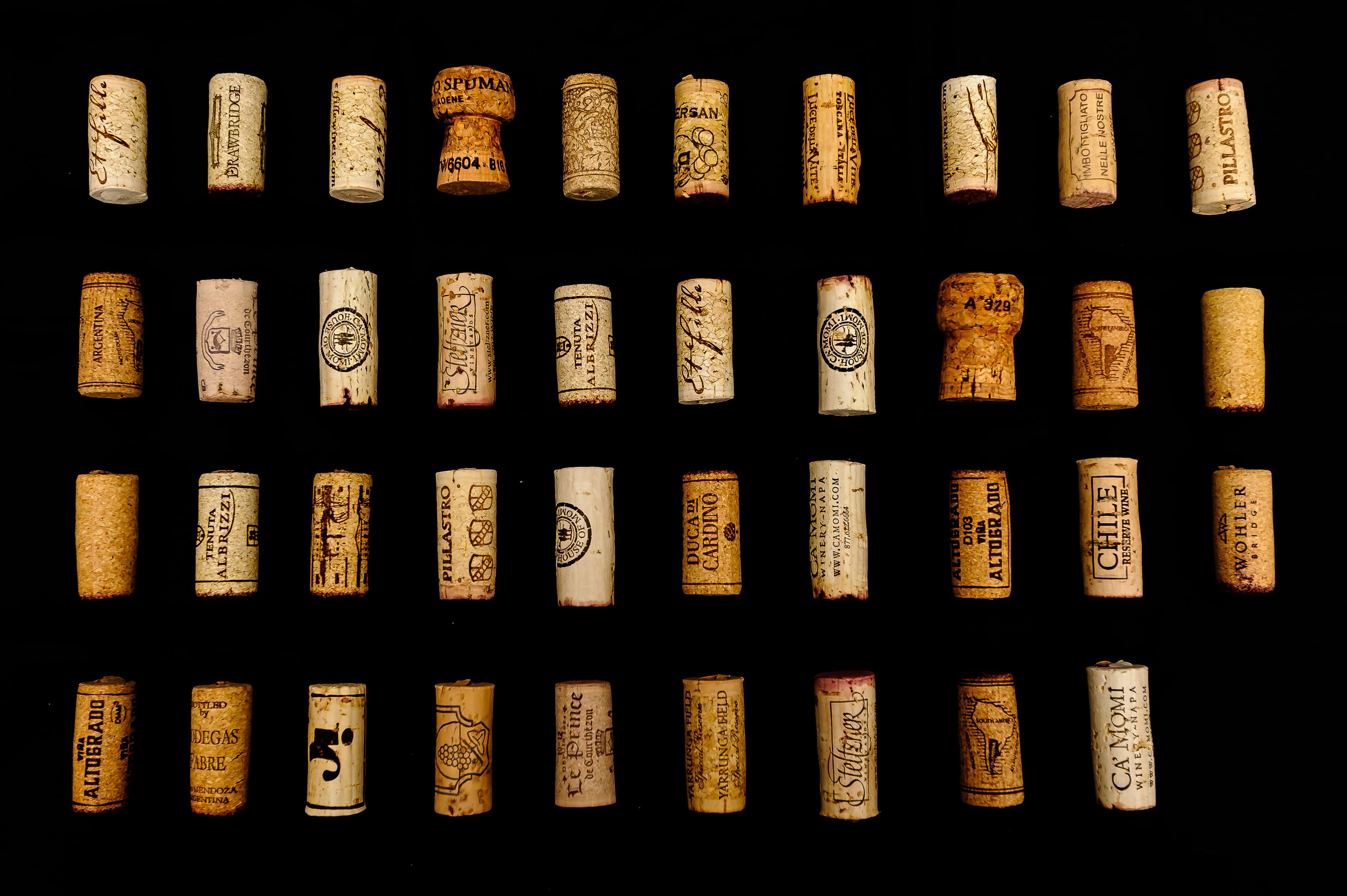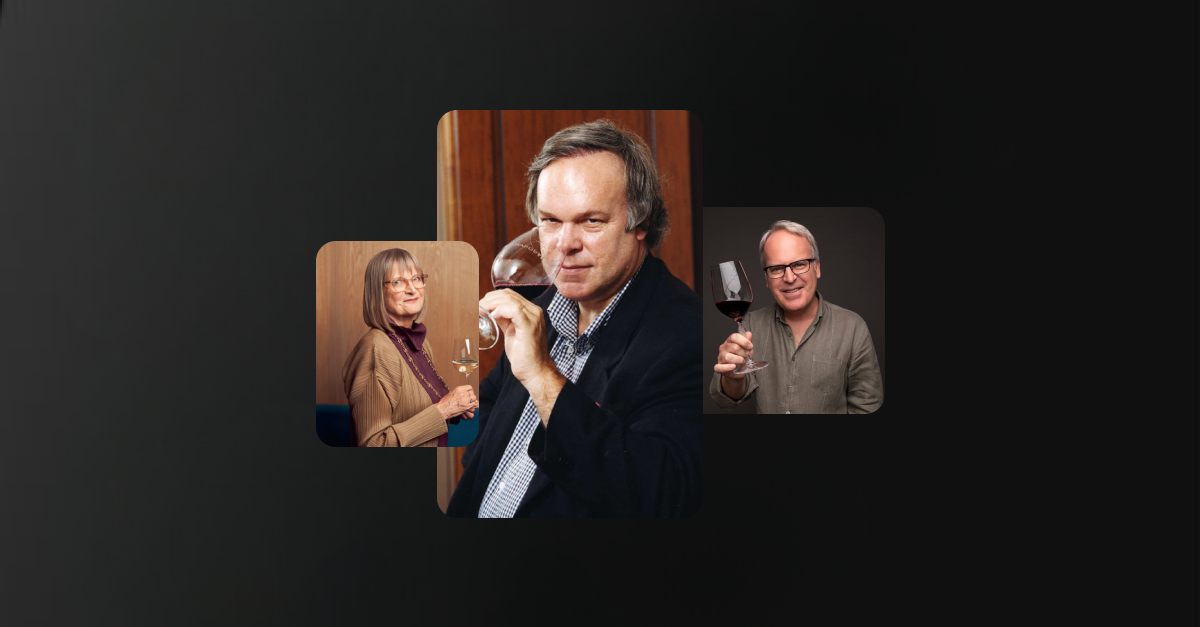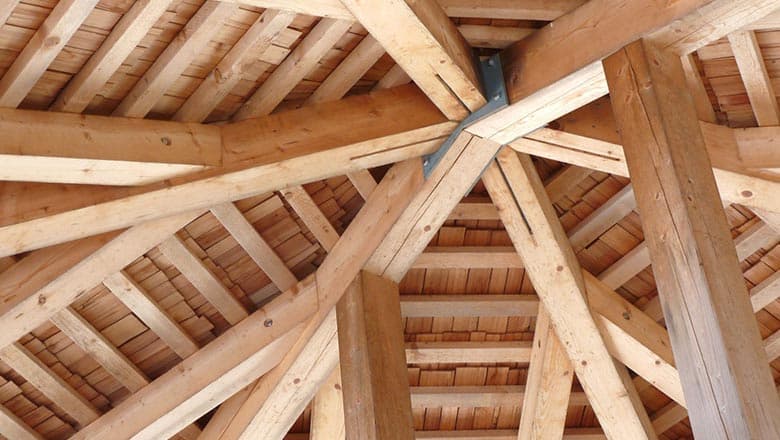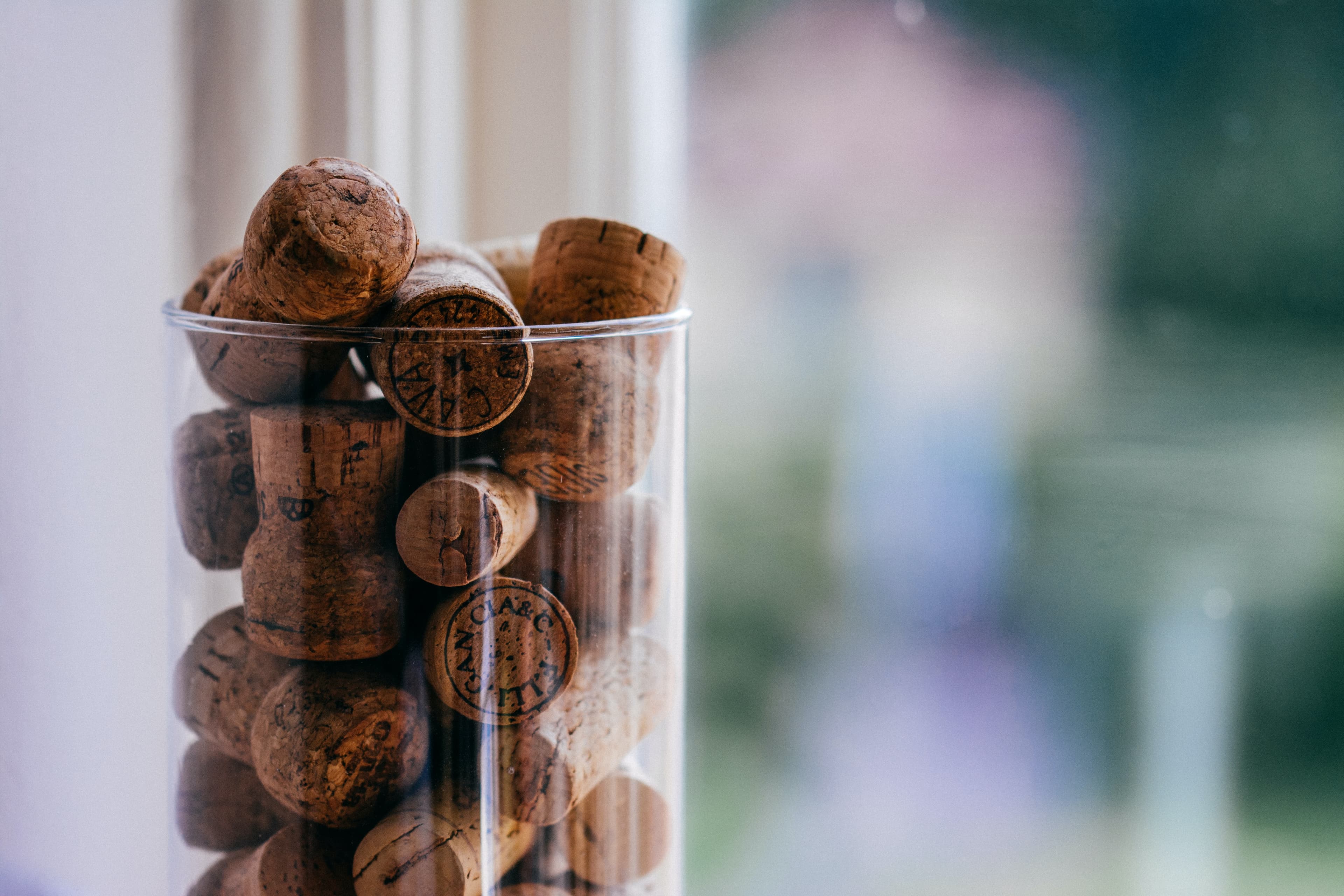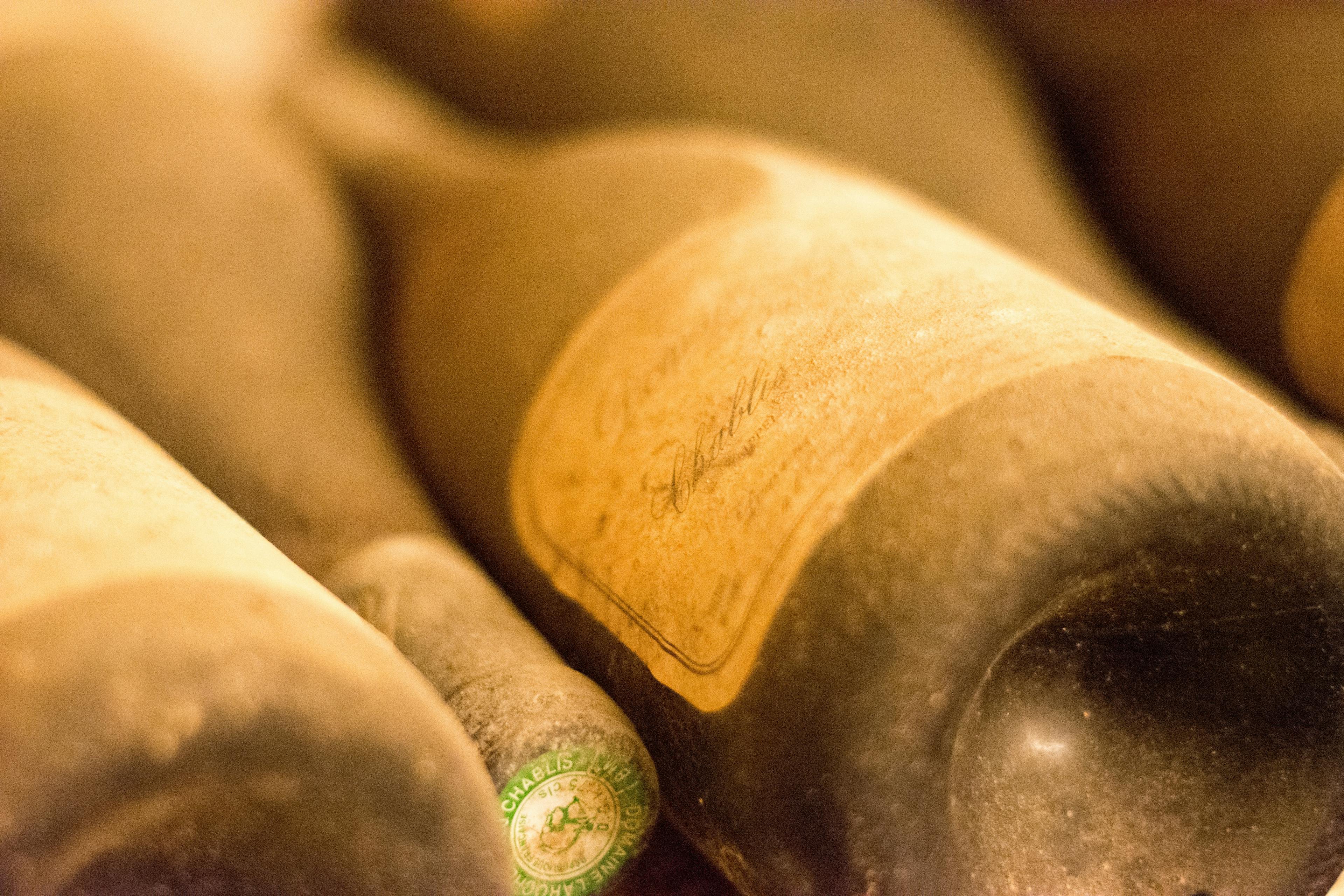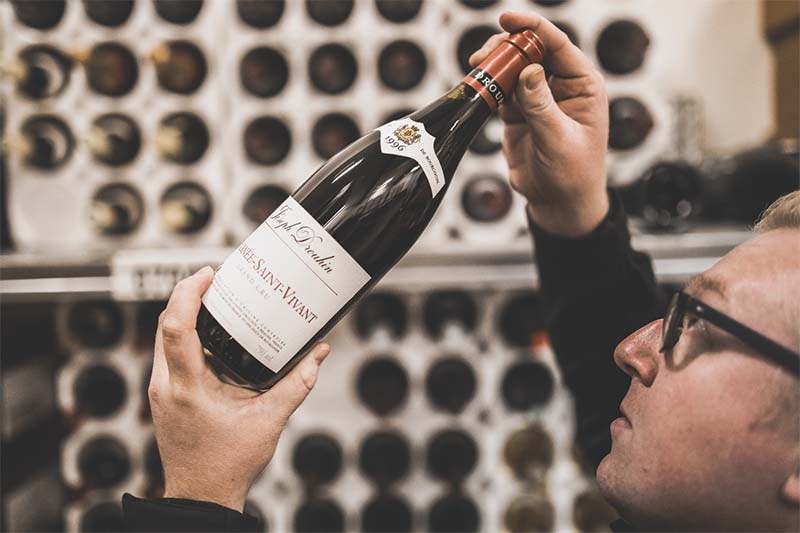What is the History Behind Domaine Rousseau?
12 min read
Head of Content

Discover the fascinating history of Domaine Rousseau, a name synonymous with excellence in the world of wine. Nestled in the heart of Burgundy, France, this esteemed winery has been a beacon of quality and tradition in the wine industry for generations. The story of Domaine Rousseau is not just about wine; it's a narrative woven with dedication, innovation, and a deep respect for the land. As we delve into the origins and evolution of this iconic estate, we uncover the passion and craftsmanship that have made its wines revered across the globe. Join us as we explore the legacy that has shaped the prestige of Domaine Rousseau.
The Founding of Domaine Rousseau
The origins of Domaine Rousseau trace back to the early 20th century when Armand Rousseau, a visionary in the world of Burgundy wines, established the estate. Initially, the domaine was relatively modest in size, focusing on a few select vineyards in the Gevrey-Chambertin region. Rousseau's dedication to quality and innovative viticulture practices quickly set the foundation for what would become one of the most esteemed names in wine production.
Expansion and Acquisition: Throughout the 1920s and 1930s, Armand Rousseau expanded the estate by acquiring prestigious parcels, including plots in Clos de la Roche and Chambertin. These acquisitions helped solidify the domaine's reputation for producing top-tier Burgundy wines.
Innovative Techniques: Rousseau was among the first in the region to adopt estate bottling in the 1930s, a move that allowed more control over the winemaking process and ensured higher quality standards.
Generational Legacy: The domaine has been passed down through generations, with each successor building upon Armand's legacy, integrating modern techniques with traditional practices.
For more detailed facts, exploring the rich history of Domaine Rousseau offers a glimpse into the evolution of Burgundy winemaking.
Key Figures in the History of the Estate
The history of Domaine Rousseau is deeply enriched by several influential figures who have shaped its legacy. Charles Rousseau, who took over in the 1950s, was pivotal in elevating the estate's reputation. His dedication to quality and his strategic acquisitions of prime vineyards significantly expanded the estate's holdings and prestige. Under his guidance, Domaine Rousseau became synonymous with fine Burgundy wines.
Another notable figure is Eric Rousseau, Charles's son, who assumed control in the 1980s. Eric continued his father's work, focusing on meticulous vineyard management and winemaking practices that emphasized the unique characteristics of their terroir. His efforts ensured that the wines remained highly sought after by connoisseurs worldwide.
Innovation in Preservation: The Rousseaus have always prioritized innovative techniques to maintain the integrity of their wines. Learning how to store Domaine Armand Rousseau properly is crucial for preserving its quality.
Global Recognition: Through their commitment, the Rousseaus have garnered international acclaim, securing a place for Domaine Rousseau among the world's most prestigious wine producers.
Milestones in Domaine Rousseau's Development
Domaine Rousseau, a revered name in Burgundy wine, has experienced several significant milestones that have shaped its prestigious reputation. Established in the early 20th century, the winery initially gained recognition for its exceptional Gevrey-Chambertin. Over the decades, strategic acquisitions of prime vineyards, including pieces of Chambertin and Clos de Bèze, expanded its holdings and enhanced the quality of its offerings.
In the 1950s, under the guidance of Charles Rousseau, the domaine began to bottle its own wines rather than selling them to négociants. This shift marked a pivotal moment, allowing for greater control over the final product and establishing a direct relationship with consumers. The introduction of meticulous vineyard practices and innovative cellar techniques during this era further solidified its status among connoisseurs.
The 1980s brought international acclaim, with critics praising the depth and complexity of Rousseau's wines. This recognition helped to serve as a testament to the domaine's dedication to quality and tradition.
Acquisition of premier vineyards in the 1920s
Transition to estate bottling in the 1950s
Global recognition in the 1980s
Each of these milestones has contributed to the domaine's legacy as a producer of some of the world's most sought-after wines.
The Evolution of Winemaking Techniques at the Estate
The Evolution of Winemaking Techniques at the Estate has been pivotal in shaping the unique taste of Domaine Rousseau's wines. Initially, the winery employed traditional methods prevalent in Burgundy during the early 20th century. These included manual harvesting and natural fermentation processes, which allowed for the development of distinct, terroir-driven flavors.
Over the decades, Domaine Rousseau has integrated more modern techniques to enhance the quality and consistency of their wines. Temperature-controlled fermentation now ensures that each batch achieves optimal conditions for yeast activity, preserving the delicate aromas and flavors inherent in their grape varietals. Additionally, the estate has adopted the use of oak barrels selectively sourced from different regions, which contributes subtle complexity and texture to the final product.
Moreover, the winemakers have refined their approach to vineyard management, focusing on sustainable practices that protect the environment while maximizing the potential of each vine. This includes careful soil analysis and the implementation of organic farming techniques, ensuring that every bottle reflects the true character of its origins.
Historical Challenges and Triumphs
Domaine Armand Rousseau, a revered name in Burgundy, has faced numerous challenges throughout its history, yet it has consistently emerged triumphant, producing some of the world's most popular vintages. The winery's journey began in the early 20th century, navigating through the devastations of phylloxera and the economic impacts of world wars. Each obstacle provided a platform for innovation and resilience, shaping the domaine into a symbol of excellence.
Phylloxera Epidemic: This vine pest wreaked havoc across French vineyards in the late 1800s. Rousseau responded by pioneering grafting techniques that saved not only their vines but also assisted neighboring vineyards, preserving the region's viticultural heritage.
World War Challenges: During both world wars, the domaine suffered from a lack of manpower and resources. Despite these hardships, they maintained vineyard operations, ensuring the continuity of wine production.
Economic Fluctuations: The Great Depression and subsequent economic downturns tested the domaine's financial stability. Through strategic marketing and steadfast commitment to quality, Rousseau managed to thrive and expand its market globally.
These trials have not only tested but also demonstrated the resilience and enduring spirit of Domaine Armand Rousseau, solidifying its status in the wine world.
The Transition of Leadership Across Generations
The transition of leadership across generations at Domaine Rousseau has been a fascinating journey, marked by a commitment to maintaining the estate's prestigious reputation while adapting to modern winemaking techniques. Initially founded in the early 20th century, the domaine was a small family operation. As the years progressed, each generation brought its unique touch to both the vineyard management and the wine production processes.
Charles Rousseau, who took over in 1959, was pivotal in expanding the estate's holdings and elevating its international stature. His dedication to quality and his strategic vision for export markets set a new standard for the domaine. Under his guidance, the wines gained significant recognition, helping to solidify the estate's reputation as a top Burgundy producer.
In 1982, Eric Rousseau succeeded his father, bringing a more scientific approach to viticulture and enology. His tenure has been characterized by a delicate balance between tradition and innovation, ensuring that the essence of the terroir is vividly expressed in every bottle. Today, the next generation, represented by Cyrielle Rousseau, continues this legacy, focusing on sustainable practices and enjoying the fruits of laborious yet passionate winemaking.
Expansion of vineyard holdings under Charles Rousseau
Introduction of scientific methods by Eric Rousseau
Emphasis on sustainability by Cyrielle Rousseau
Domaine Rousseau's Role in Burgundy's Wine History
Domaine Rousseau has significantly influenced Burgundy's wine history, establishing itself as a benchmark for quality and tradition in the region. Founded in the early 20th century, this esteemed winery began with a mere few hectares of vineyards. Over the decades, it expanded, acquiring prestigious plots in Chambertin and Clos de Bèze. These vineyards are renowned for producing some of the most exquisite Pinot Noir wines, which have profoundly shaped the global perception of Burgundy wines.
The winery's commitment to low-intervention farming techniques and meticulous attention to detail in the winemaking process ensures that each bottle expresses the unique terroir of its vineyards. This dedication has not only preserved but also enhanced the reputation of Burgundy as a top wine-producing region. The wines from Domaine Rousseau are celebrated for their depth, complexity, and longevity, making them highly sought after by collectors and connoisseurs worldwide.
For those looking to fully appreciate the nuances of these wines, exploring food pairings can elevate the tasting experience. Pairing options include:
Grilled lamb chops with herbs
Roasted duck with a cherry reduction
Earthy mushroom risotto
Aged cheeses like Comté or Gruyère
Each pairing is designed to complement the wine's rich profile, enhancing both the meal and the wine.
Notable Vintages and Their Historical Context
Domaine Armand Rousseau, a revered name in Burgundy, has produced several notable vintages that reflect the unique characteristics of its terroir and the historical context of each era. Among these, the 1985 Chambertin Clos de Bèze stands out, celebrated for its complexity and depth, which emerged during a period marked by a return to traditional viticulture practices after the experimentation of the 1970s. Similarly, the 1990 Chambertin vintage is often lauded for its perfect balance and structure, a result of an exceptionally warm growing season that allowed for optimal grape ripening.
The 2002 vintage, known for its robust tannins and vibrant acidity, came into being under the influence of a mild winter followed by a long, sunny summer, conditions that are ideal for the cultivation of Pinot Noir.
In 2005, another exceptional year, the wines produced were intensely aromatic, benefiting from a growing season that was both hot and dry, leading to concentrated flavors and exceptional aging potential.
Each of these vintages not only showcases the mastery of Domaine Rousseau in winemaking but also encapsulates the climatic and societal influences of their respective times.
Collaborations and Influences
Domaine Armand Rousseau, a revered name in the wine industry, has been significantly shaped by various collaborations and influences over the years. This esteemed winery, known for its exceptional Burgundy wines, has seen a blend of traditional techniques and innovative practices that have set it apart in the competitive wine market.
Family Ties and Expert Guidance: The Rousseau family has maintained a strong lineage of winemakers, with each generation passing down invaluable knowledge and skills. This transfer of expertise has been crucial in preserving the quality and distinctiveness of their wines.
Collaboration with Local Vineyards: By working closely with neighboring vineyards, Rousseau has been able to expand its terroir knowledge, leading to more refined wine production techniques. These partnerships help in exchanging unique methods and ideas, enhancing the overall craftsmanship of their wines.
Influence of Global Winemakers: Interaction with international winemakers has introduced new perspectives and innovations at Rousseau. These global insights have been integrated with local practices to create a unique fusion that continues to intrigue wine enthusiasts worldwide.
Adoption of Modern Technologies: Embracing modern technology without compromising their traditional values has allowed Rousseau to improve efficiency and consistency in their wine production, ensuring each bottle meets their high standards.
Preserving Tradition While Innovating
Domaine Rousseau, a revered name in Burgundy, has masterfully balanced the act of preserving age-old winemaking traditions while embracing innovation. This esteemed vineyard has been producing some of the region's most celebrated wines since its inception in 1959. The Rousseau family, stewards of this rich heritage, have consistently prioritized the integrity of their terroir and the quality of their product.
Adherence to Traditional Methods: At its core, Domaine Rousseau maintains traditional viticultural practices. Hand-harvesting grapes ensures that only the best fruit is selected. Natural fermentation processes are favored, which advocates argue better express the unique characteristics of their vineyards.
Embracing Modern Techniques: Innovation is also key to their strategy. The introduction of temperature-controlled fermentation tanks has allowed for more precise management of the winemaking process, enhancing flavor consistency across vintages. Moreover, sustainable farming practices have been adopted to ensure the health of their vineyards for future generations.
Educational Initiatives: Domaine Rousseau also invests in education for their staff and the wider community, hosting workshops that focus on both the science of viticulture and the art of winemaking. This approach not only preserves their rich history but also ensures its evolution, keeping the domaine at the forefront of the Burgundy wine industry.
Conclusion
In conclusion, the rich history of Domaine Rousseau is a testament to the enduring legacy and prestige of French winemaking. From its humble beginnings in the early 20th century to becoming a beacon of excellence in the Burgundy wine region, Domaine Rousseau has consistently produced wines that are not only a reflection of their terroir but also of their meticulous craftsmanship and innovative spirit. As enthusiasts and collectors around the world seek out these exceptional wines, Rekolt provides a seamless solution for acquiring and enjoying such esteemed vintages.
At Rekolt, we understand the importance of proper storage and the potential for future trading and resale. By offering professional cellar storage options, we ensure that the intrinsic value and quality of wines like those from Domaine Rousseau are preserved. This service not only enhances the investment potential of each bottle but also provides peace of mind to our clients, knowing their prized possessions are maintained under optimal conditions until they decide to savor them or offer them on the market. Whether you are a seasoned collector or a new enthusiast, Rekolt's fine wine marketplace and expert services make it easier to explore, purchase, and manage your wine investments with confidence and ease.
Share this article
